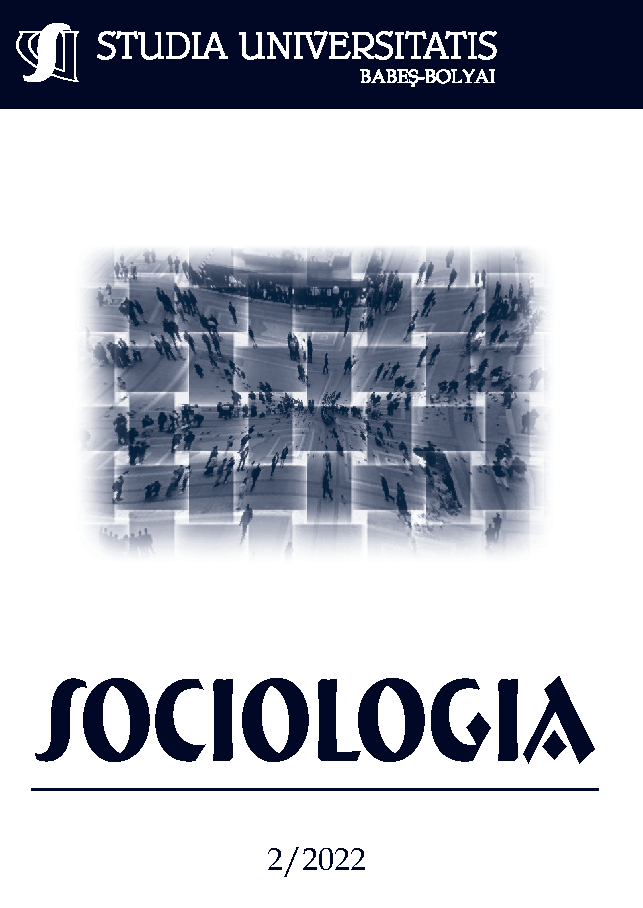BALANCING EFFICIENCY AND PERSONAL TIME REQUIREMENTS FOR HUMAN RESOURCES PROFESSIONALS AFTER TELECOMMUTING
BALANCING EFFICIENCY AND PERSONAL TIME REQUIREMENTS FOR HUMAN RESOURCES PROFESSIONALS AFTER TELECOMMUTING
Author(s): Andreea ȚoiuSubject(s): Applied Sociology, Social development, Social Theory, Rural and urban sociology, Economic development, Globalization, Socio-Economic Research
Published by: Studia Universitatis Babes-Bolyai
Keywords: human resources; telecommuting; “flexibility stigma”; work-life balance; productivity;
Summary/Abstract: The exploitation of work and household responsibilities among women and men remains a pressing issue with significant impacts on employee productivity and satisfaction. This study sheds light on the patterns of exploitation and their consequences, with a specific focus on the experiences of HR professionals. The research emphasizes the prevalence of the “flexibility stigma” in society, which views flexible work arrangements, including teleworking, as less committed, motivated, and productive compared to traditional 9-5 work hours. The study also highlights the tendency for workers to extend their work hours when boundaries between work and personal life become blurred. In particular, the study highlights the increased likelihood of working overtime as a result of teleworking, which can further contribute to the exploitation of work and household responsibilities. For HR professionals, it is essential to understand these challenges and develop strategies that support employees’ work-life balance and well-being. The study concludes by calling for a comprehensive approach that considers the institutional and cultural contexts in which employees operate and that prioritizes their well-being and productivity.
Journal: Studia Universitatis Babes-Bolyai - Sociologia
- Issue Year: 67/2022
- Issue No: 2
- Page Range: 19-37
- Page Count: 19
- Language: English

